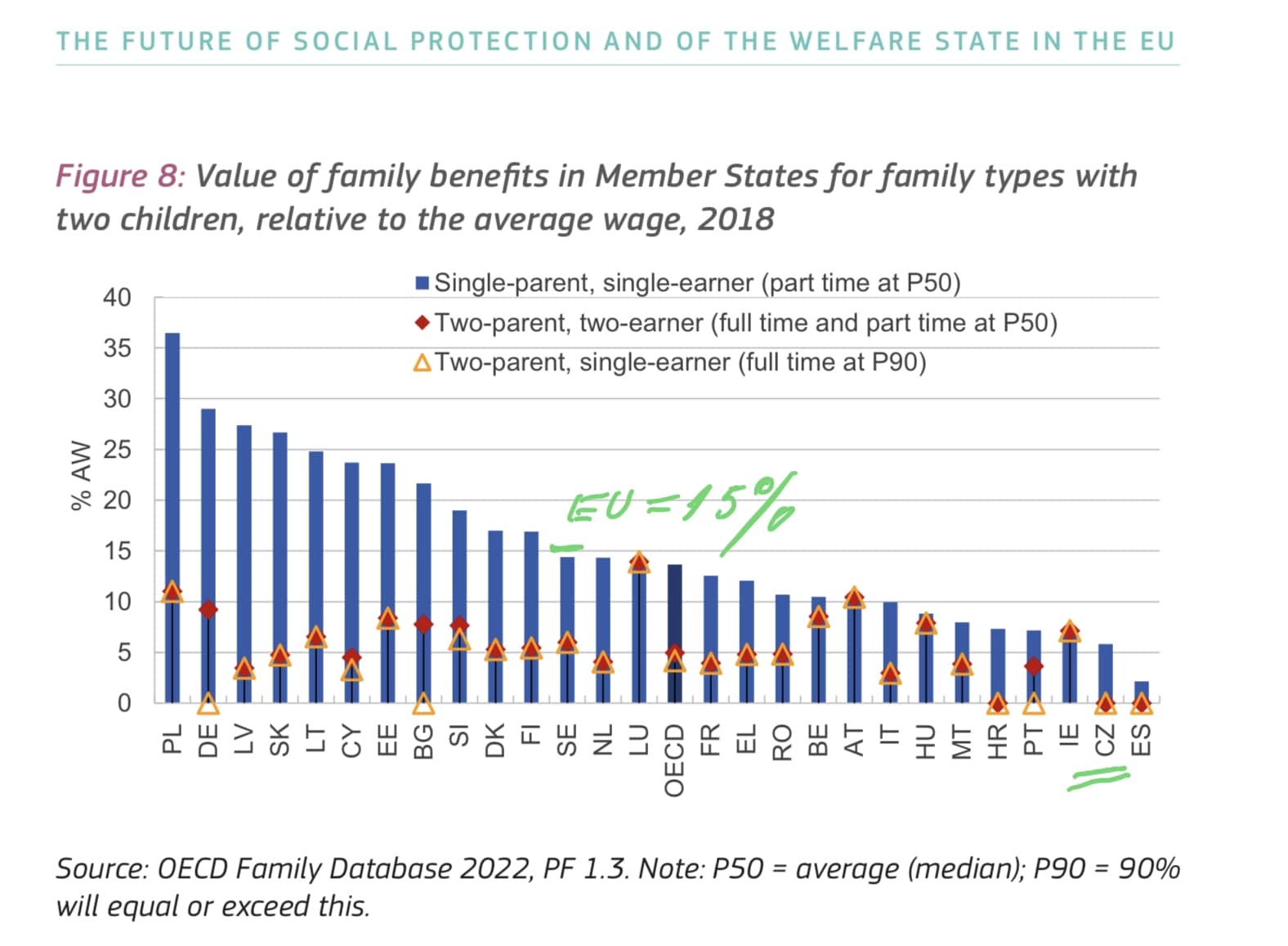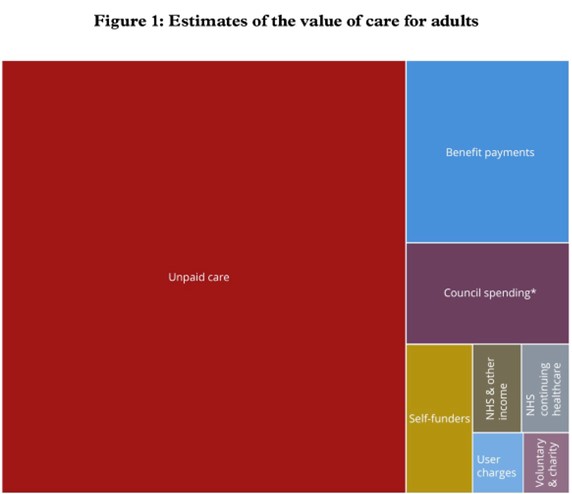-
Goodbye Eastern Europe
Just notes and archives of some books I read and find interesting and relevant. “An intimate history of a divided land.” Surprising, revealing, and ultimately optimistic despite everything read. My book of 2023. “Many peoples, faiths, languages lived together, in a loose symbiosis, strong enough to last for centuries. It was not always peaceful or…
-
2022. Enough said
As I write my usual end-of-year summary, there is only one topic that can be in focus: The incredibly courageous response of the Ukrainian people with disabilities and their families facing genocidal Russian war. And alongside it, the solidarity and support provided by all of you in the European and international Inclusion community. What Inclusion…

